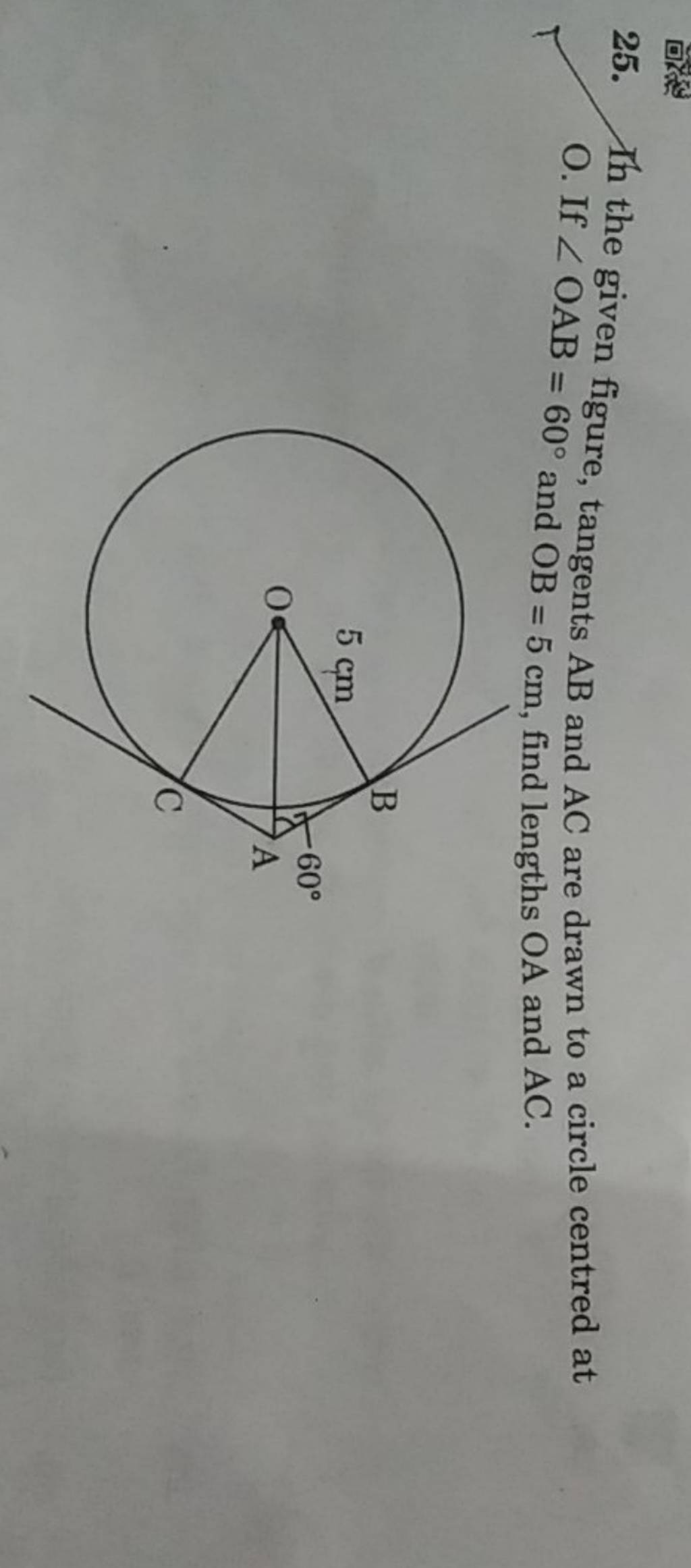Decision-making is a fundamental aspect of human behavior, and it involves various cognitive processes, including analysis and intuition, including emotion. While logic is often associated with rational thinking, emotion plays a significant role in shaping our choices. The relationship between logic and emotion is intricate, making it a topic of great interest among psychologists, academics, and philosophers.

On one hand, logic provides a systematic and analytical approach to decision-making. It involves evaluating evidence and data, identifying trends and influences, and applying standards and guidelines to arrive at a conclusion. Logic is essential in situations where feelings can compromise our discernment, such as in critical or analytical situations. For instance, when considering a business investment, a logical approach would involve analyzing potential risks and outcomes.
On the other hand, emotion is an integral part of human decision-making. Emotions influence our choices by providing a unique and emotional point of view. Emotions can be triggered by diverse influences, such as emotional scars and associations. Moreover, emotions can also serve as a useful aid in decision-making, as they can provide instant feedback and intuition. For example, when deciding whether to take a certain risk, an emotional response can indicate whether it feels right or wrong.
The combination of logic and emotion produces contrasting effects. When we combine logic and feeling together produce better outcomes. This is because reason can counterbalance emotional influences, while emotion can provide an additional layer of depth and understanding. For instance, when considering a job offer, a logical approach would involve evaluating the pros and cons of the job, while an emotional response might indicate whether the company culture and work environment align with our personal values.
However, when logic and emotion clash, brainwavesandtangents.com decision-making becomes more challenging, decision-making becomes more complex. In situations where emotions dominate reasoning, resulting in impulsive decisions, our choices may be driven by instinct rather than reason. Conversely, when reasoning overpowers feeling, resulting in uninformed decisions, our decisions may lack the nuance and personal perspective that emotion provides.
To make better decisions, it is essential to achieve harmony between analysis and feeling. This can be achieved by recognizing the role of emotion in decision-making. By acknowledging the importance of feeling, we can create a more holistic and inclusive approach. This may involve engaging in self-reflection.
Ultimately, the intersection of logic and emotion in decision-making highlights the complexity and richness of human decision-making. By embracing both perspectives, we can arrive at more effective decisions that reflect our values and emotions.